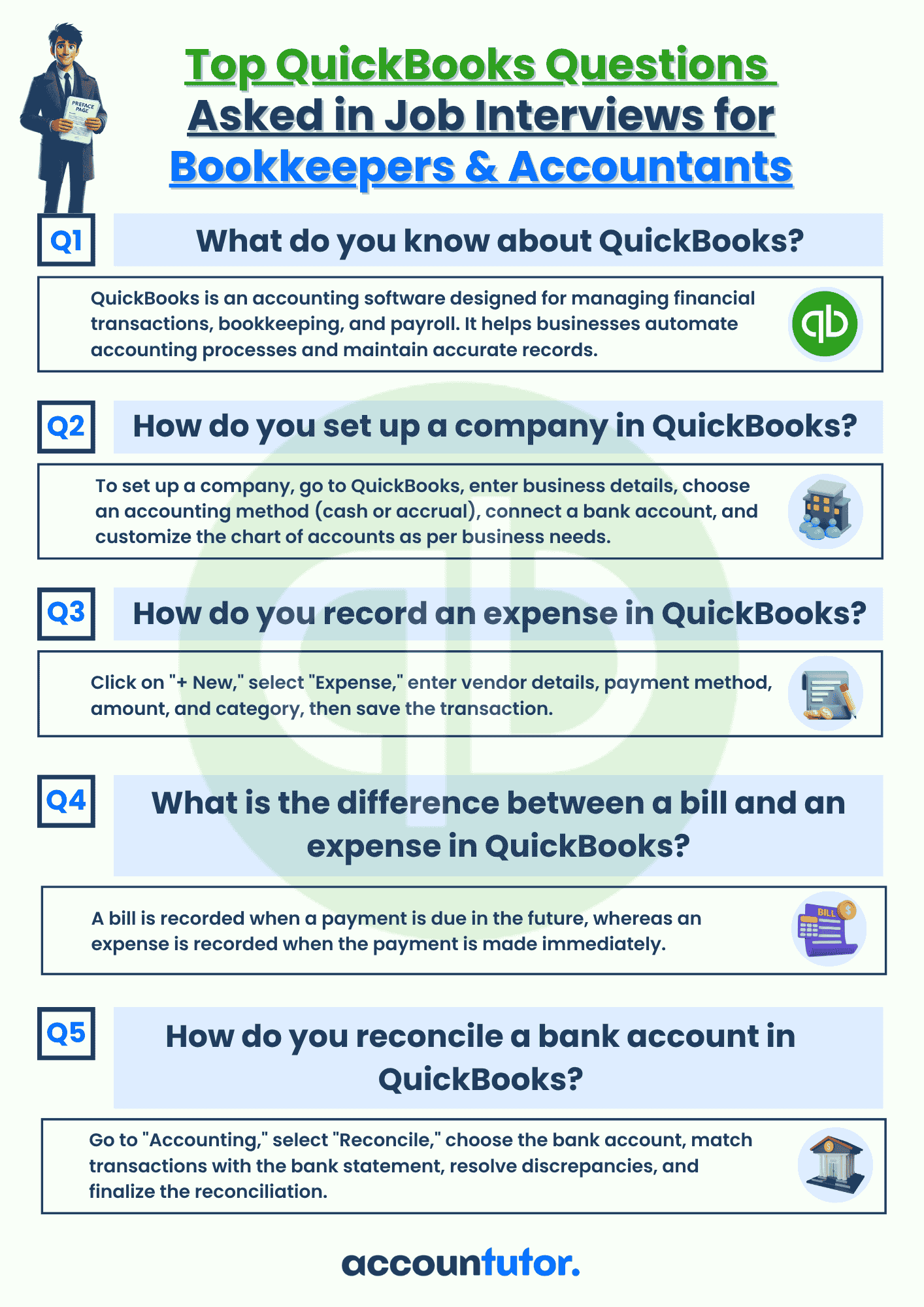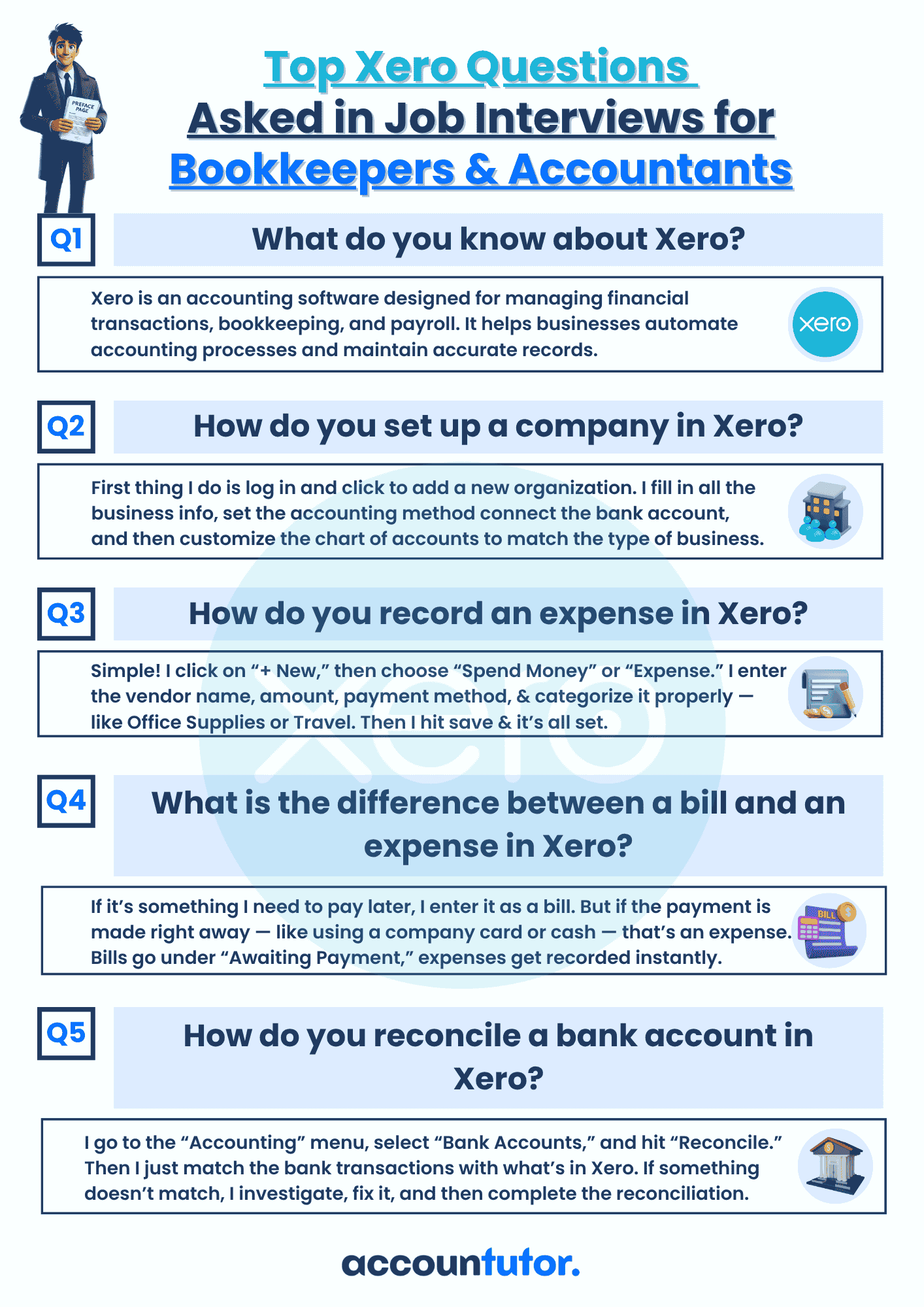3 Dates Accountants and Bookkeepers Must Remember
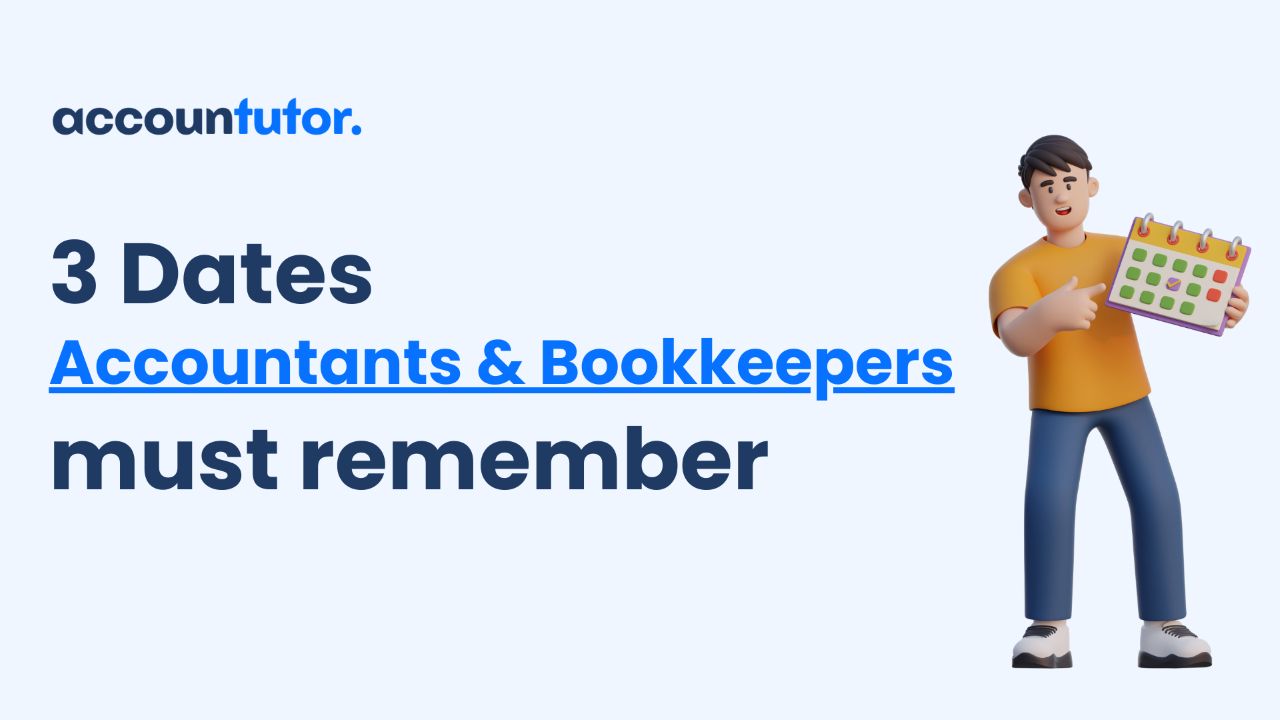
In the world of accounting and bookkeeping, understanding key dates is crucial for maintaining compliance, ensuring accurate financial reporting, and providing valuable insights to clients or stakeholders. Here are three of the most important dates that every bookkeeper and accountant should keep on their radar:
1. Tax Filing Deadlines
2. Quarterly Estimated Tax Payments
3. End of Fiscal Year
How to handle scenarios related to each of the 3 must-know dates for Accountants & Bookkeepers
1. Implement Comprehensive Tracking Systems:
Utilize integrated accounting software or a detailed digital calendar to track all critical dates, including tax filing deadlines, quarterly estimated payments, and fiscal year-end tasks. Set up automated reminders well in advance to ensure that all deadlines are met on time. This centralized system helps manage multiple deadlines efficiently and reduces the risk of missing important dates.
2. Organize and Review Documentation Continuously:
Establish a robust system for collecting, categorizing, and storing financial documents throughout the year. Regularly review and update these records to ensure they are accurate and complete. This practice ensures that all necessary documentation is readily available for tax filings, estimated payments, and year-end reporting, thereby streamlining the preparation process.
3. Organize and Review Documentation Continuously:
Why to choose Accountutor?
Accounting and Bookkeeping courses for you
Subscribe to our newsletter
Policy Pages
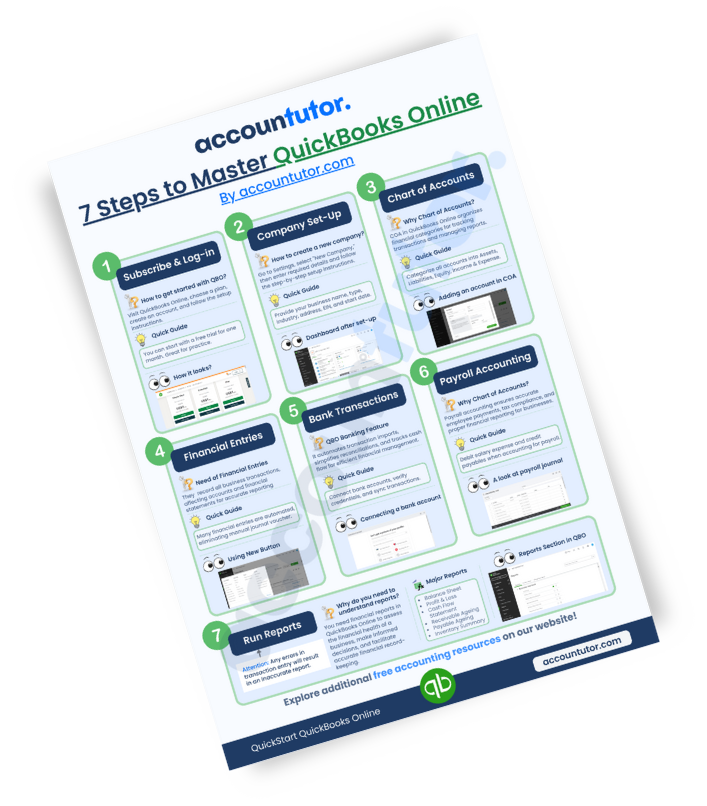
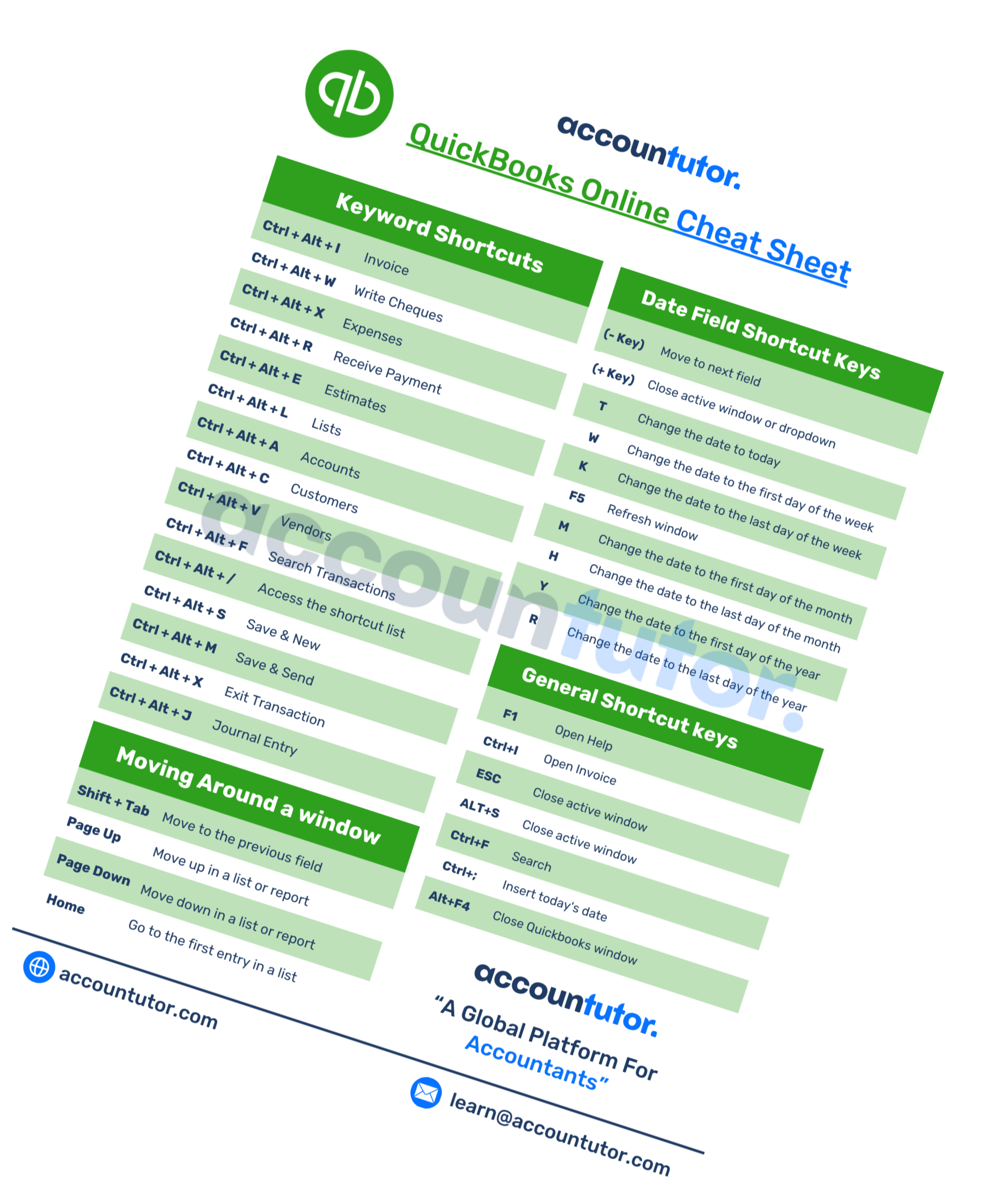
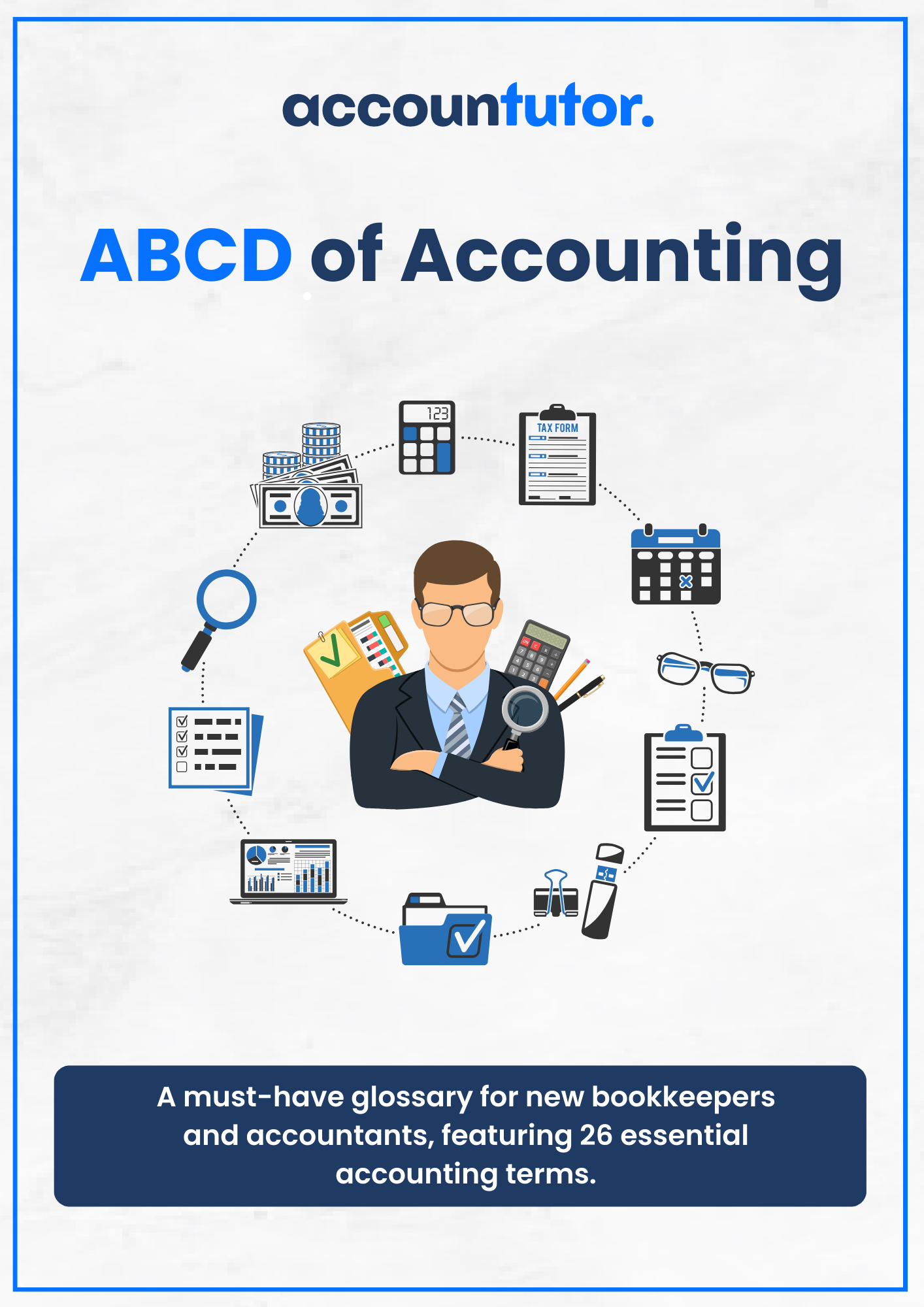
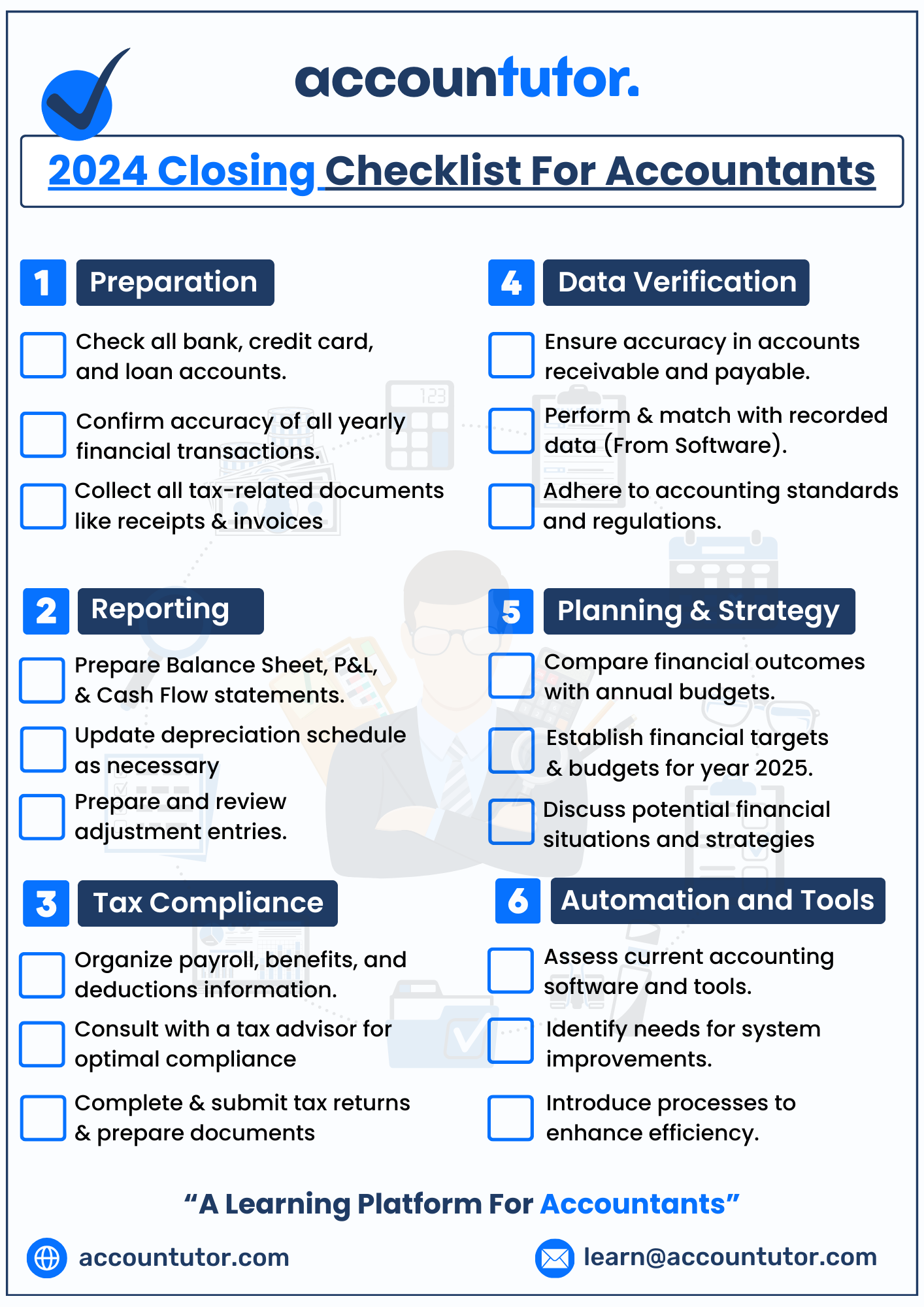
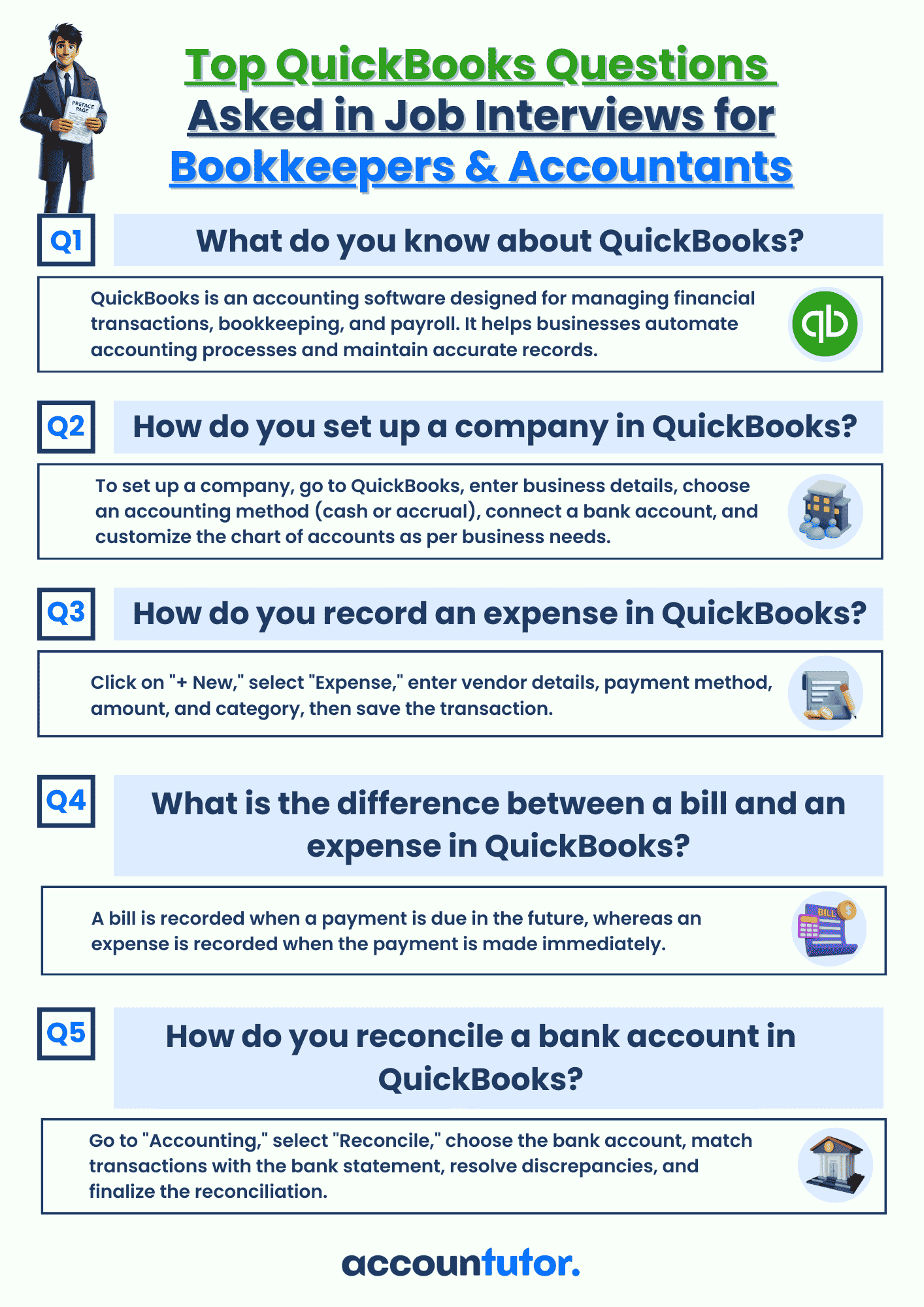
Register for this webinar: How to Master QuickBooks Online— Without Feeling Overwhelmed
